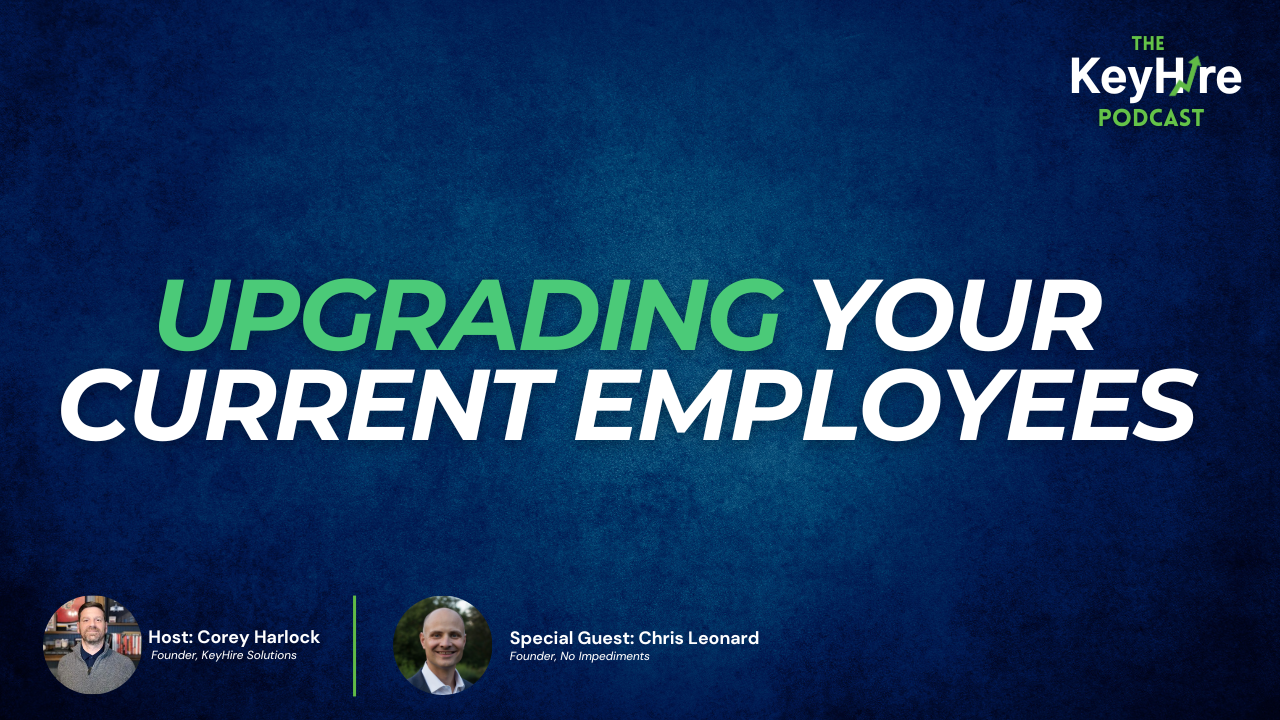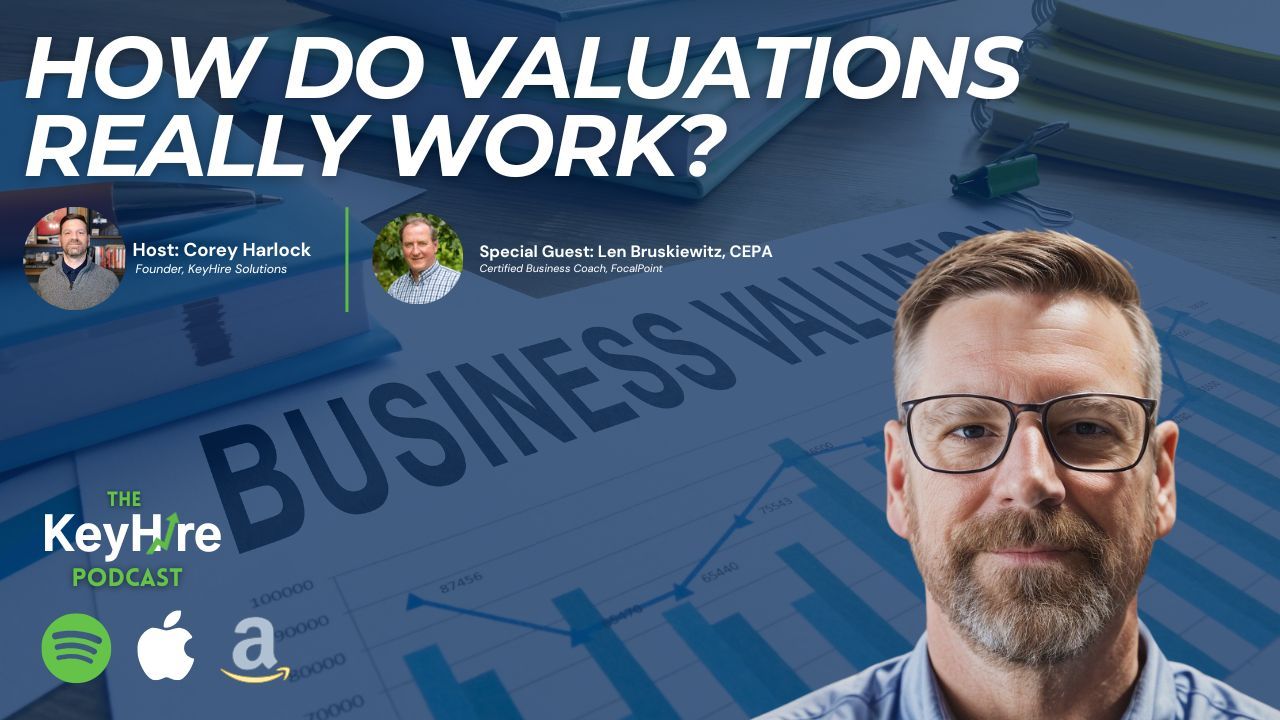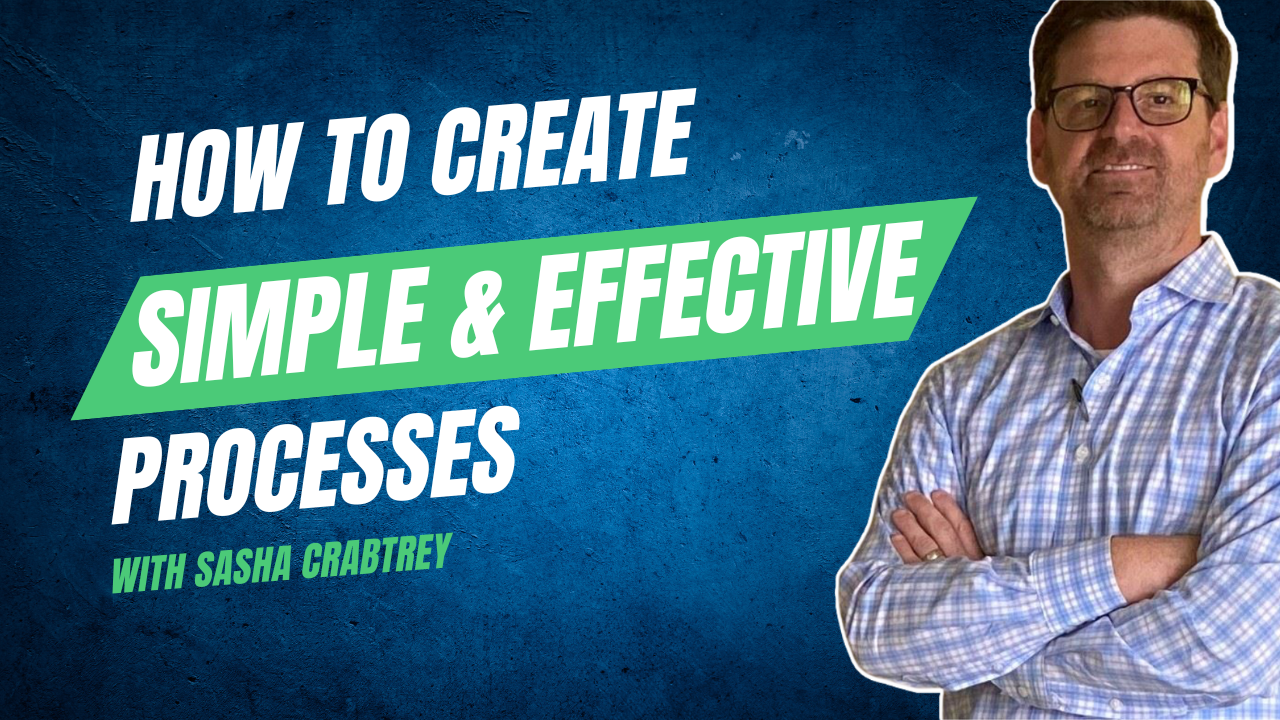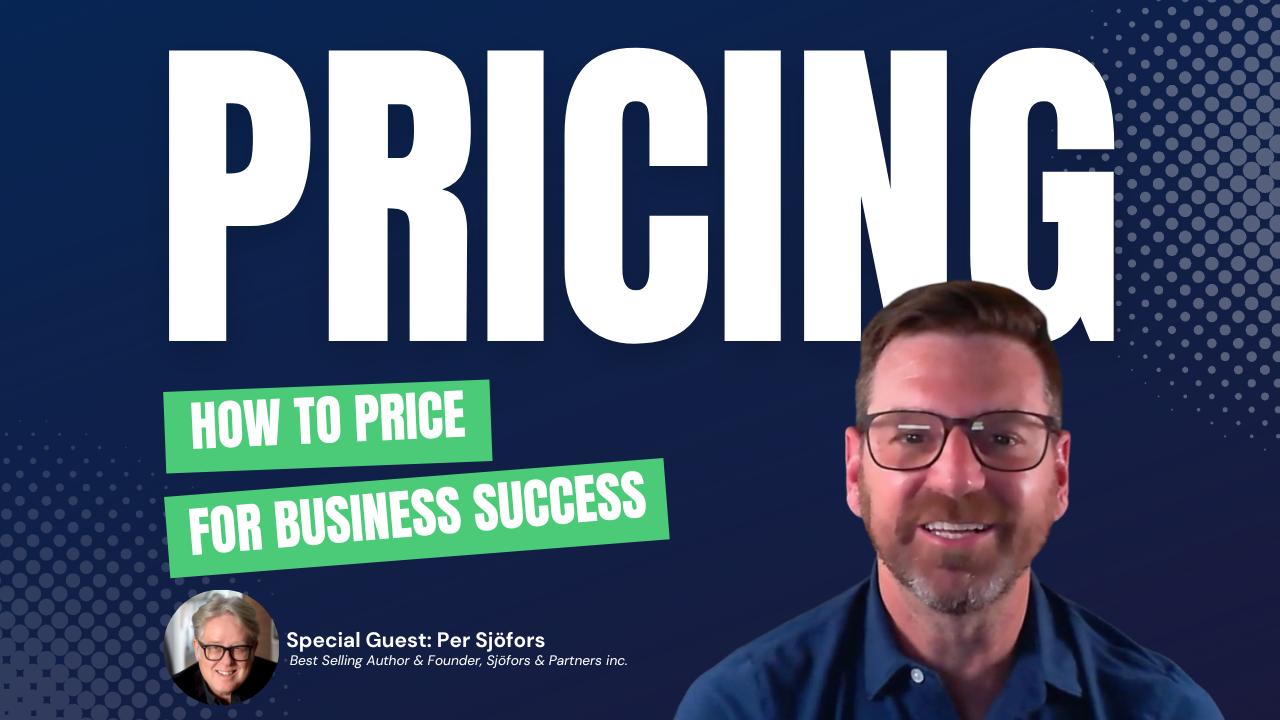What to Do Once You've Raised Revenue
Managing Money is Just As Important as Making It.
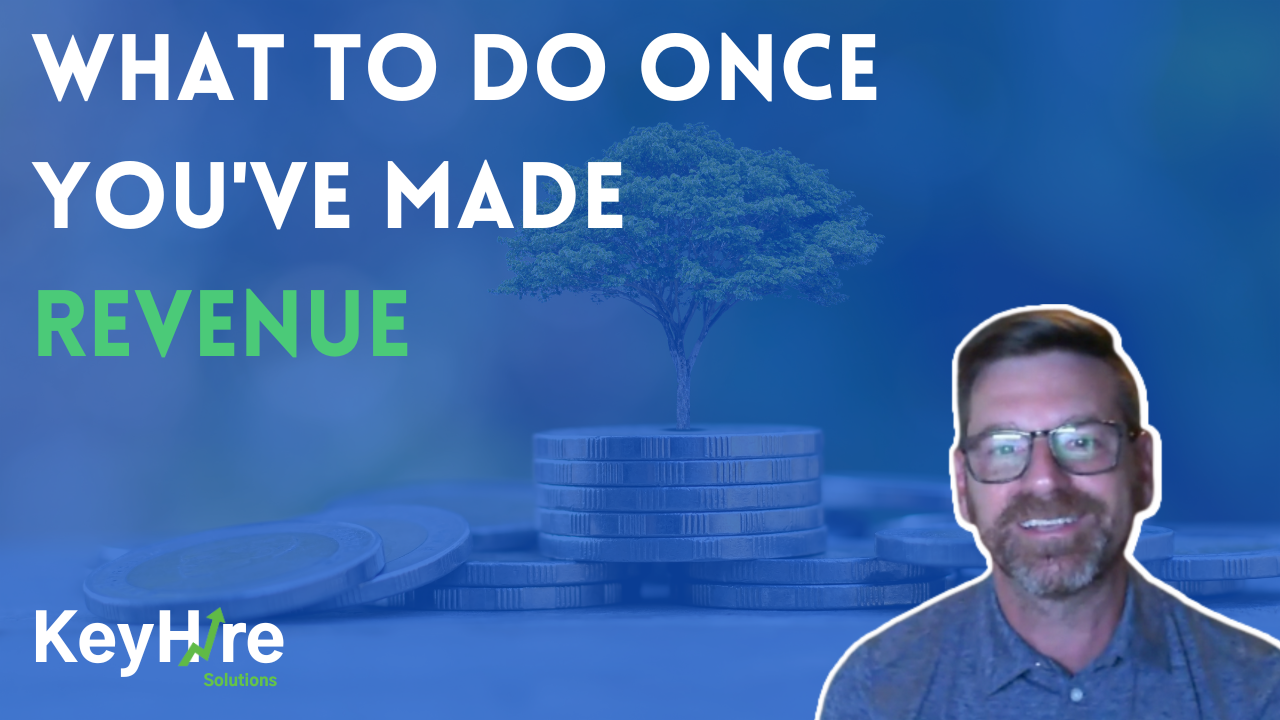
Running a small business requires juggling multiple responsibilities - and managing finances is often at the top of the list. As a small business owner, it's important to be informed financial decisions to ensure the growth and success of your business. That's where a skilled and vetted financial advisor can be a game-changer. In this blog post, we will explore why it is vital to have a good financial advisor at your disposal, the services they offer, and the benefits of entrusting someone with the expertise to manage your business assets and personal funds.
The Role of a Financial Advisor: A financial advisor is a professional who assists individuals and businesses in making sound financial decisions. They offer a wide range of services that can benefit small business owners, including financial planning, investment management, tax planning, retirement planning, risk management, and estate planning. By leveraging their expertise, you can gain access to valuable insights, strategies, and personalized guidance tailored to your specific financial goals.
The Importance of a Skilled Financial Advisor:
- Expertise and Experience: A skilled financial advisor brings a wealth of knowledge and experience to the table. They stay up-to-date with the latest market trends, investment opportunities, and regulatory changes, ensuring that your financial decisions are well-informed and aligned with your goals.
- Objective Decision Making: Emotions can cloud judgment when it comes to financial matters. A financial advisor acts as an unbiased third party, providing objective advice and helping you navigate potential pitfalls and opportunities.
- Time and Efficiency: Running a business demands your attention in various areas. Delegating financial matters to an advisor allows you to focus on core business activities, saving you time and energy.
Factors to Consider when Choosing a Financial Advisor:
- Experience and Qualifications: Look for a financial advisor with substantial experience and a solid track record of working with small businesses. Consider their professional qualifications, certifications, and memberships in industry associations. A proven history of successful client relationships is an excellent indicator of their capabilities.
- Services Offered: Assess your specific needs and ensure that the financial advisor offers services tailored to small business owners. This may include business financial planning, retirement planning for business owners, risk management strategies, tax planning, and investment management aligned with your business objectives.
- Fee Structure: Understand the financial advisor's fee structure to determine if it aligns with your budget and expectations. Common fee structures include commission-based, fee-only, and fee-based. Choose the one that best suits your preferences and ensures transparency.
- Client Reviews and Testimonials: Research the financial advisor's reputation by reading reviews and testimonials from their previous and current clients. This provides valuable insights into their professionalism, communication skills, and ability to deliver on promises.
Common Mistakes and How to Avoid Them:
- Failing to Define Goals: Before seeking a financial advisor, clearly define your short-term and long-term financial goals. Knowing what you want to achieve will help you find an advisor who can align their strategies with your objectives.
- Overlooking Fiduciary Duty: Ensure that the financial advisor you choose has a fiduciary duty, meaning they are legally bound to act in your best interest. This ensures their advice is unbiased and transparent.
- Lack of Compatibility: Building a strong relationship with your financial advisor is crucial. Schedule initial consultations with potential advisors to gauge their communication style, responsiveness, and whether you feel comfortable working with them.
- Not Seeking Multiple Opinions: Don't settle for the first financial advisor you come across. Interview several advisors, compare their offerings, and ask for proposals to assess their compatibility with your business.
Choosing the right financial advisor is a critical decision for small business owners. By considering factors such as experience, qualifications, fee structure, and client reviews, you can find an advisor who will be a trusted partner in managing your business assets and personal funds. Remember, seeking professional advice before investing your hard-earned money is always a wise choice. A skilled financial advisor can provide the guidance and strategies needed to help your business thrive financially while you focus on driving its success.
Learn more about Manske Wealth
